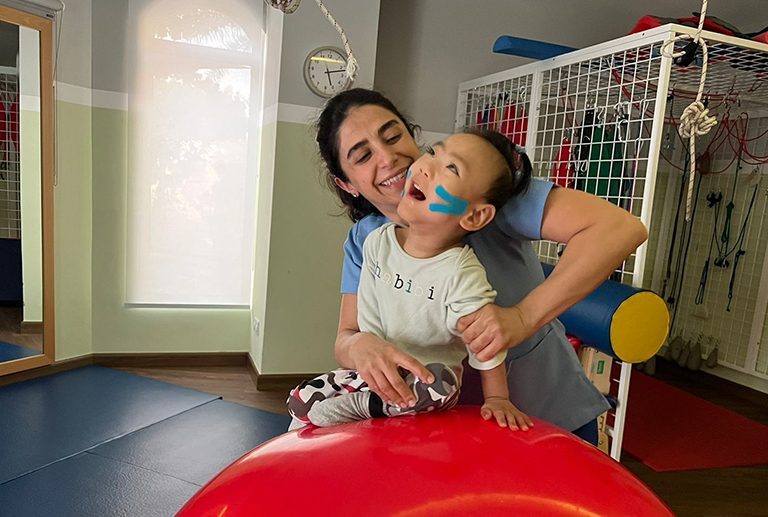Pediatric physiotherapy can play a key role in a child’s development and recovery, addressing a variety of physical challenges and promoting optimal growth. Recognizing when to seek this specialized care is essential for ensuring that children receive the support they need at the right time. Explore here key situations in which parents should consider consulting a pediatric physiotherapy.
Developmental delays:
If a child is significantly lagging behind in reaching developmental milestones such as crawling, walking, or jumping, it may be an indication that they could benefit from pediatric physiotherapy. While some variation in developmental timelines is normal, persistent delays or difficulties in achieving these milestones may require professional evaluation. A physiotherapist can assess the child’s motor skills, strength, and coordination, and provide targeted interventions to support their development.
Difficulty with movement and coordination:
Children who struggle with movement and coordination, such as frequent falls, poor balance, or difficulty with tasks like running or climbing, might need physiotherapy. Conditions such as developmental coordination disorder (DCD) can affect a child’s ability to perform these skills. Physiotherapists can design exercises and activities to improve motor coordination, improve balance, and build strength, helping the child become more confident and capable in their physical activities.
Post-surgical rehabilitation:
If a child has undergone surgery, especially related to orthopaedics, neurology, or other physical conditions, physiotherapy can be essential for their recovery. Post-surgical physiotherapy helps in regaining strength, flexibility, and range of motion. It also aids in reducing pain and preventing complications by guiding the child through appropriate rehabilitation exercises and strategies for a successful recovery.
Chronic pain or discomfort:
Chronic pain or discomfort, such as back pain, joint pain, or muscle soreness, can affect a child’s daily activities and quality of life. If the pain persists despite standard medical interventions or if it interferes with the child’s ability to engage in everyday activities, consulting a pediatric physiotherapist may be beneficial. Physiotherapy can address underlying musculoskeletal issues, improve posture, and provide strategies to manage and alleviate pain.
Neurological or genetic conditions:
Children with neurological or genetic conditions, such as cerebral palsy, muscular dystrophy, or spina bifida, often require specialized physiotherapy. These conditions can affect motor control, muscle strength, and overall physical function. Pediatric physiotherapists work with children to improve their physical abilities, manage symptoms, and improve their quality of life through tailored therapy programs.
 The Role Of Planning In Interiors
The Role Of Planning In Interiors  Open Kitchen Interior Design Ideas for Contemporary Homes
Open Kitchen Interior Design Ideas for Contemporary Homes  How Nursery Schools Support Emotional Development
How Nursery Schools Support Emotional Development  The Best Furniture Hire Choices For Any Theme
The Best Furniture Hire Choices For Any Theme  MEP Considerations for High Rise Building Projects
MEP Considerations for High Rise Building Projects  How a Graphic Design Course Can Transform Your Creative Thinking
How a Graphic Design Course Can Transform Your Creative Thinking  Braces Vs. Veneers – An Easy Comparison
Braces Vs. Veneers – An Easy Comparison  Adapting Your Financial Plans After a Major Life Event
Adapting Your Financial Plans After a Major Life Event  How To Spot The Value In Flats For Sale Across Business Bay
How To Spot The Value In Flats For Sale Across Business Bay 


